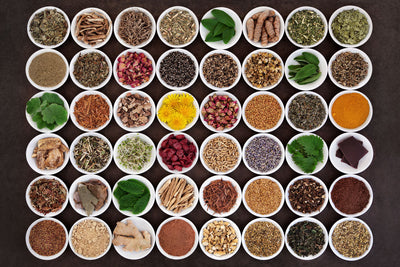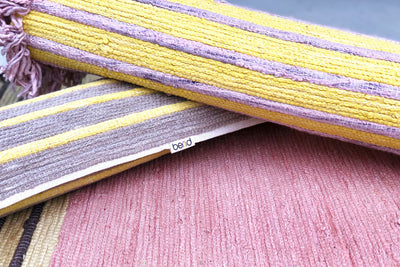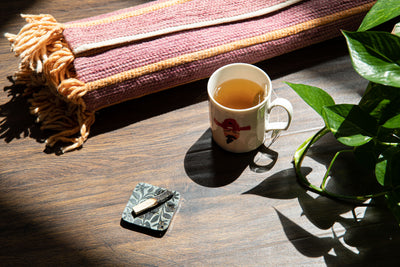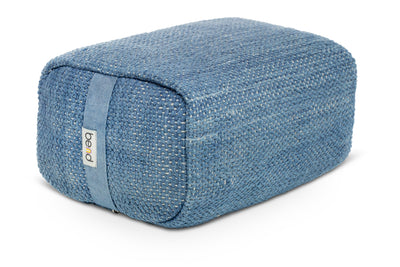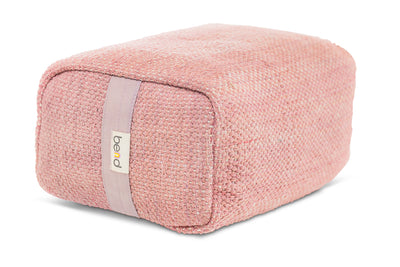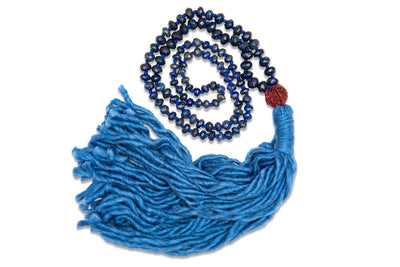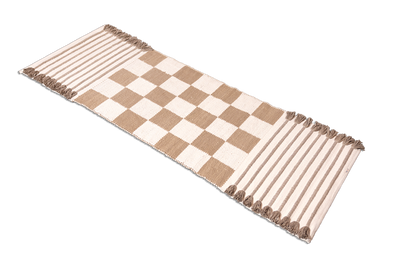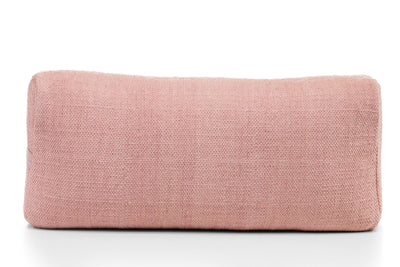Bennd Yoga Plant Series: The Harda Plant, Termina Chebula
April is behind us, but we’re continuing in the spirit of Earth Day with our exploration of the many plants and herbs used in the Ayurvedic traditions—many of which we include in our plant-based dye baths for yoga mats and meditation aids.
This week, let’s dig into a lesser-known medicinal plant: Harda. Though less recognized in the West, the harda plant has many uses that are understood to benefit human health.
What is Harda?
Harda is a species of tree native to South and Southeast Asia. It grows across many modern borders and is known by many names throughout India, China, Indonesia, Vietnam, and many other countries, appearing in various medicinal and religious traditions. You may see harda referred to as harad, or most commonly, haritaki. Its scientific name is also common amongst practitioners of traditional medicine: Terminalia chebula.
In our Bennd dyes, harda produces varying shades of gray, greenish yellow, and beige.

Harda Plant Uses and Benefits
The harda plant is typically harvested for its seeds, fruit, bark, and roots, all of which share common chemical compounds known for their health benefits.

On its own, harda has been used as an antitussive—that is, a treatment to suppress or reduce the severity of coughing. In traditional medicine, it has also been recommended to support general cardiac health and digestive function, or to treat more acute conditions such as headaches. Harda has also been used as a topical antiseptic for treating wounds, preventing infection, and accelerating healing. Some practitioners have also touted its uses as an aid for people wanting to lose weight.
However, harda might be best known for being one-third of the popular triphala, an Ayurvedic herbal blend with a long history of use as a medicine. Triphala, which means “three fruits” in Sanskrit, is a blend of three plants:
- Harda (Terminalia chebula)
- Amala (a.k.a. Indian gooseberry, Emblica officinalis)
- Bibhitaki (Terminalia bellirica)
Valued highly as a healing blend, triphala is thought to have benefits for digestive health and liver function, and has been used as an anti-inflammatory. Some traditional approaches include triphala as a treatment for cancer and various forms of heart disease, including high blood pressure.
Triphala and its three ingredients are often recommended by traditional practitioners for those seeking to lose weight or prevent diabetes. Specifically, triphala and all three of its ingredients used separately have been shown to help reduce blood sugar levels, making them useful natural supplements for fighting metabolic syndrome and preventing weight gain.
Finally, harda has been shown to have positive effects on mental and cognitive health. Studies have assessed its potential to improve memory and focus due to harda’s natural antioxidant and anti-inflammatory properties, which may help prevent neurodegeneration.
Other uses of the Harda Plant
At the facilities where we hand-weave and plant-dye Bennd’s medicinal yoga mats, we strive to take advantage of all the benefits provided to us by our natural ingredients. That holds true for the herb gardens where we grow the many plants that go into our formula of 22 Ayurvedic herbs. That formula is used to dye the yoga mats, infusing the hand-loomed fabric with time-tested wellness effects.
Harda, in addition to its health benefits, can also be used to fertilize our herb gardens, helping the plants grow naturally without the influence of artificial chemicals or pesticides.
How to use Harda

Beyond using your Bennd yoga mat anytime you practice, you can take harda powder as a supplement available at many wellness stores and international markets. Triphala is also widely available—in fact, you’ll probably have an easier time finding triphala than harda on its own. Sun Potion, based out of Santa Barbara, California, makes our favorite adaptogenic herbs, and carries multiple forms of Triphala.
Remember, harda is also referred to as harad and haritaki, so look for those names as well.
Conclusion: Harda’s health benefits
Used commonly both by itself and as a crucial ingredient of triphala, the harda plant is a well-respected Ayurvedic herb with a bevy of potential wellness benefits. Incorporate it into your routine as a supplement and check out Bennd’s harda-infused yoga mats.




